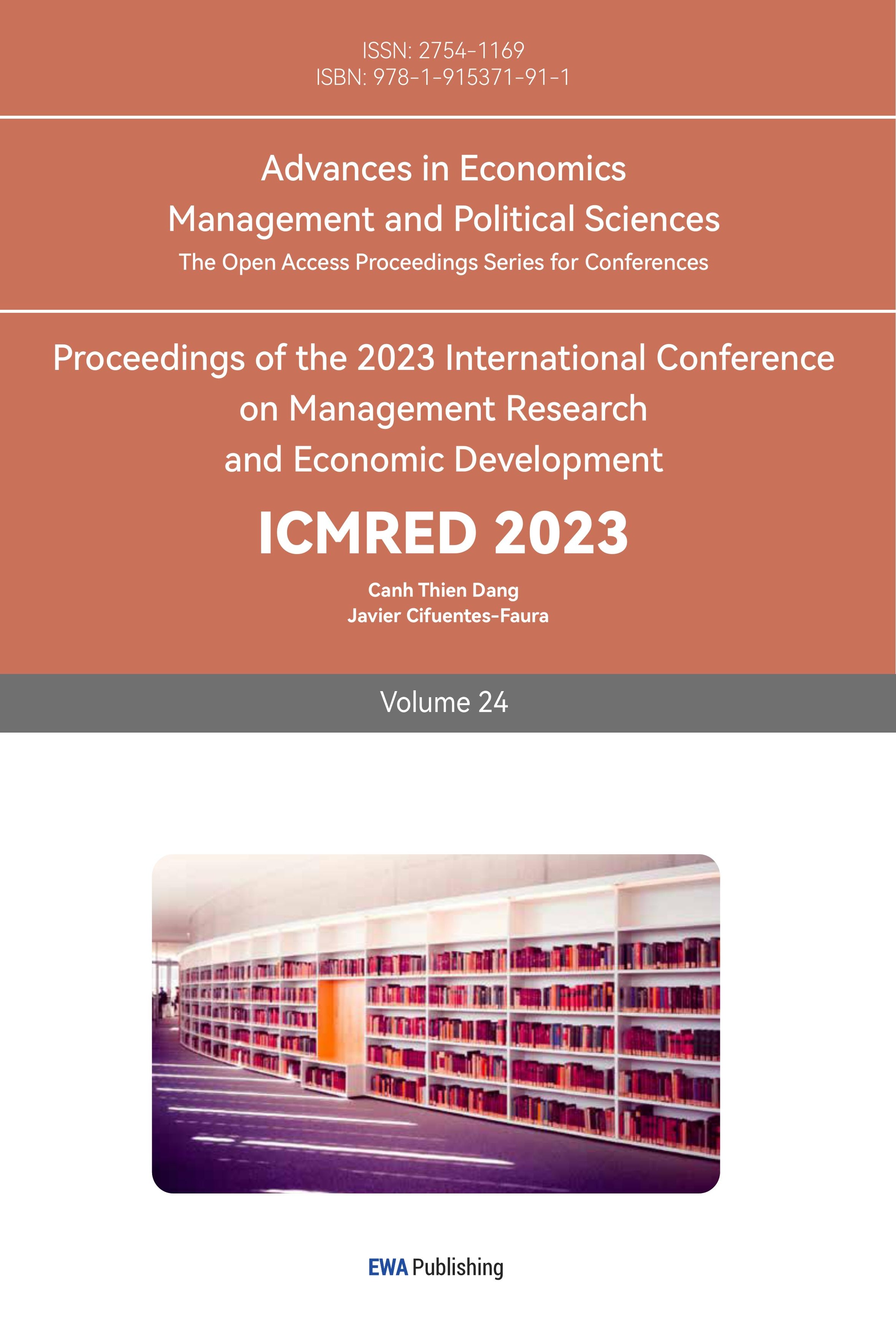References
[1]. Sapsford, J. A. T. H. O. N. PayPal Sees Torrid Growth With Money-Sending Service. The Wall Street Journal Interactive Edition. (2000).
[2]. González, Andrés Guadamuz. PayPal and eBay: The legal implications of the C2C electronic commerce model. In 18th BILETA Conference: Controlling Information in the Online Environment, April, QMW, London (http://www. bileta. ac. uk/03papers/Guadamuz. html). (2003, April).
[3]. Peláez, R. Martínez, and FJ Rico Novella. Application of electronic currency on the online payment system like PayPal. In Proceedings of the 6th IFIP Conference on e-Commerce, e-Business and e-Government,(I3E’06) (pp. 44-56). (2006).
[4]. Hudaib, Adam Ali Zare. E-payment security analysis in depth. International Journal of Computer Science and Security (IJCSS), 8(2014), 14. (2014).
[5]. Wagner, David, and Bruce Schneier. Analysis of the SSL 3.0 protocol. In The Second USENIX Workshop on Electronic Commerce Proceedings (Vol. 1, No. 1, pp. 29-40). (1996, November).
[6]. Hillberry, R., Mahlstein, K., & Schropp, S. The geography of payment activity on paypal. (2020).
[7]. Barrett, M. Testimony of. Conwed v Union Carbide. (2002).
[8]. Niranjanamurthy, M. E-commerce: Recommended online payment method-Paypal. International journal of computer science and mobile computing, 3(7), 669-679. (2014).
[9]. Ton, Zeynep, and Sarah Kalloch. PayPal and the Financial Wellness Initiative. (2022).
Cite this article
Lu,S. (2023). An Analysis of the PayPal’s Corporate Strategy for Success. Advances in Economics, Management and Political Sciences,24,93-97.
Data availability
The datasets used and/or analyzed during the current study will be available from the authors upon reasonable request.
Disclaimer/Publisher's Note
The statements, opinions and data contained in all publications are solely those of the individual author(s) and contributor(s) and not of EWA Publishing and/or the editor(s). EWA Publishing and/or the editor(s) disclaim responsibility for any injury to people or property resulting from any ideas, methods, instructions or products referred to in the content.
About volume
Volume title: Proceedings of the 2023 International Conference on Management Research and Economic Development
© 2024 by the author(s). Licensee EWA Publishing, Oxford, UK. This article is an open access article distributed under the terms and
conditions of the Creative Commons Attribution (CC BY) license. Authors who
publish this series agree to the following terms:
1. Authors retain copyright and grant the series right of first publication with the work simultaneously licensed under a Creative Commons
Attribution License that allows others to share the work with an acknowledgment of the work's authorship and initial publication in this
series.
2. Authors are able to enter into separate, additional contractual arrangements for the non-exclusive distribution of the series's published
version of the work (e.g., post it to an institutional repository or publish it in a book), with an acknowledgment of its initial
publication in this series.
3. Authors are permitted and encouraged to post their work online (e.g., in institutional repositories or on their website) prior to and
during the submission process, as it can lead to productive exchanges, as well as earlier and greater citation of published work (See
Open access policy for details).
References
[1]. Sapsford, J. A. T. H. O. N. PayPal Sees Torrid Growth With Money-Sending Service. The Wall Street Journal Interactive Edition. (2000).
[2]. González, Andrés Guadamuz. PayPal and eBay: The legal implications of the C2C electronic commerce model. In 18th BILETA Conference: Controlling Information in the Online Environment, April, QMW, London (http://www. bileta. ac. uk/03papers/Guadamuz. html). (2003, April).
[3]. Peláez, R. Martínez, and FJ Rico Novella. Application of electronic currency on the online payment system like PayPal. In Proceedings of the 6th IFIP Conference on e-Commerce, e-Business and e-Government,(I3E’06) (pp. 44-56). (2006).
[4]. Hudaib, Adam Ali Zare. E-payment security analysis in depth. International Journal of Computer Science and Security (IJCSS), 8(2014), 14. (2014).
[5]. Wagner, David, and Bruce Schneier. Analysis of the SSL 3.0 protocol. In The Second USENIX Workshop on Electronic Commerce Proceedings (Vol. 1, No. 1, pp. 29-40). (1996, November).
[6]. Hillberry, R., Mahlstein, K., & Schropp, S. The geography of payment activity on paypal. (2020).
[7]. Barrett, M. Testimony of. Conwed v Union Carbide. (2002).
[8]. Niranjanamurthy, M. E-commerce: Recommended online payment method-Paypal. International journal of computer science and mobile computing, 3(7), 669-679. (2014).
[9]. Ton, Zeynep, and Sarah Kalloch. PayPal and the Financial Wellness Initiative. (2022).









